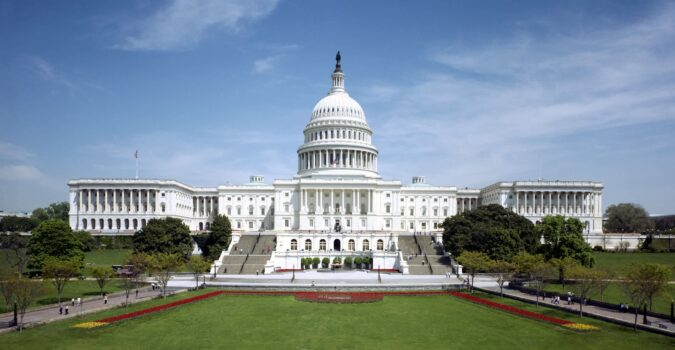Blog
What Are the United States’ Federal Holidays?

January 3, 2022
When you’re working with companies in the US, it’s important to know what the United States federal holidays are so that you can be aware of when workers in the US are taking time off and won’t be able to respond to you. These holidays apply to the US federal government and also are widely observed by private companies. Most Americans will take time off with their families to observe the holidays.
Here is the official government list of federal holidays in the United States. Keep in mind that if a holiday falls on a Saturday, then the preceding Friday is counted as a holiday, and if a holiday falls on a Sunday, then the following Monday is counted as a holiday.
At Alariss Global, we give you advice about managing your US employees and help you better understand the norms and cultures of the countries in which you operate and employ workers, so that you can wish your colleagues happy holidays and give them the appropriate time off to spend with family and friends.
New Year’s Day: January 1
New Year’s Day is always the first day of the year, celebrating the new year.
Martin Luther King Jr. Day: A Monday between January 15 and 21
Martin Luther King Jr. Day celebrates the birthday of Martin Luther King, Jr., the civil rights leader who helped bring equal rights for all races in the US during the civil rights movement in the 1960s.
Washington’s Birthday: A Monday between February 15 and 21
Washington’s Birthday celebrates the birthday of George Washington, the first president and a key Founding Father of the United States.
Memorial Day: A Monday between May 25 and 31
Memorial Day honors those who have died serving the US in its wars since the Civil War.
Juneteenth: June 19
Juneteenth celebrates the emancipation of enslaved people in the United States. President Abraham Lincoln had signed the Emancipation Proclamation, freeing enslaved people in Confederate states rebelling against the US, and Juneteenth celebrates the day that a US general arrived in Galveston, Texas, to announce that the Civil War was over and enslaved people were now free.
Independence Day: July 4
Independence Day commemorates the Declaration of Independence from British rule of the United States in 1776.
Labor Day: A Monday between September 1 and 7
Labor Day honors the labor movement that has campaigned for workers’ rights in the United States.
Columbus Day/Indigenous Peoples’ Day: A Monday between October 8 and 14
Columbus Day honors Christopher Columbus, who first discovered the Americas from Europe in the late 1400s, which sparked the beginning of European colonization of the Americas. It is also celebrated as Indigenous Peoples’ Day, to honor the Native Americans who lived in the Americas before the Europeans came. Indigenous Peoples’ Day began as a counter-celebration to Columbus Day, to protest the celebration of Christopher Columbus.
Veterans Day: November 11
Veterans Day honors all veterans of the US armed forces. November 11, 1918, also known as Armistice Day, was the official end of World War I.
Thanksgiving Day: A Thursday between November 22 and 28
Thanksgiving Day celebrates giving thanks for the autumn harvest and is celebrated with a family dinner. The Friday after Thanksgiving is usually given as a day off as well. Thanksgiving was first celebrated by the Pilgrims in October 1621, following their first harvest, with the Wampanoag tribe of Native Americans who taught the Pilgrims how to survive in the New World, arguably saving the Pilgrims.
Christmas Day: December 25
Christmas Day commemorates the birth of Jesus Christ and is celebrated with a Christmas tree and the giving of presents. According to Roman calendars, December 25 was the winter solstice and 9 months after March 25, believed by Christians to be both the day the world was created and the date that the Virgin Mary conceived Jesus Christ.





